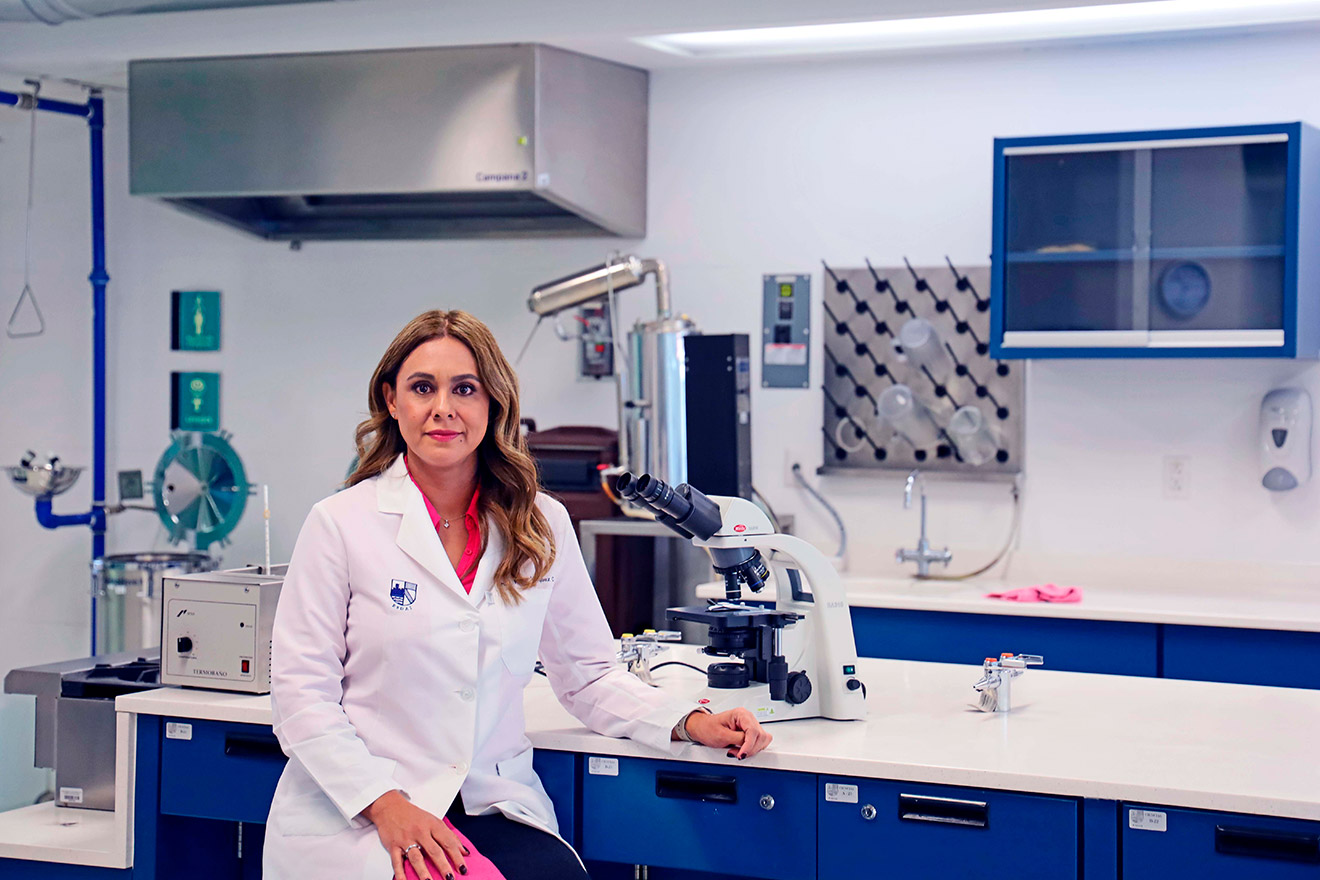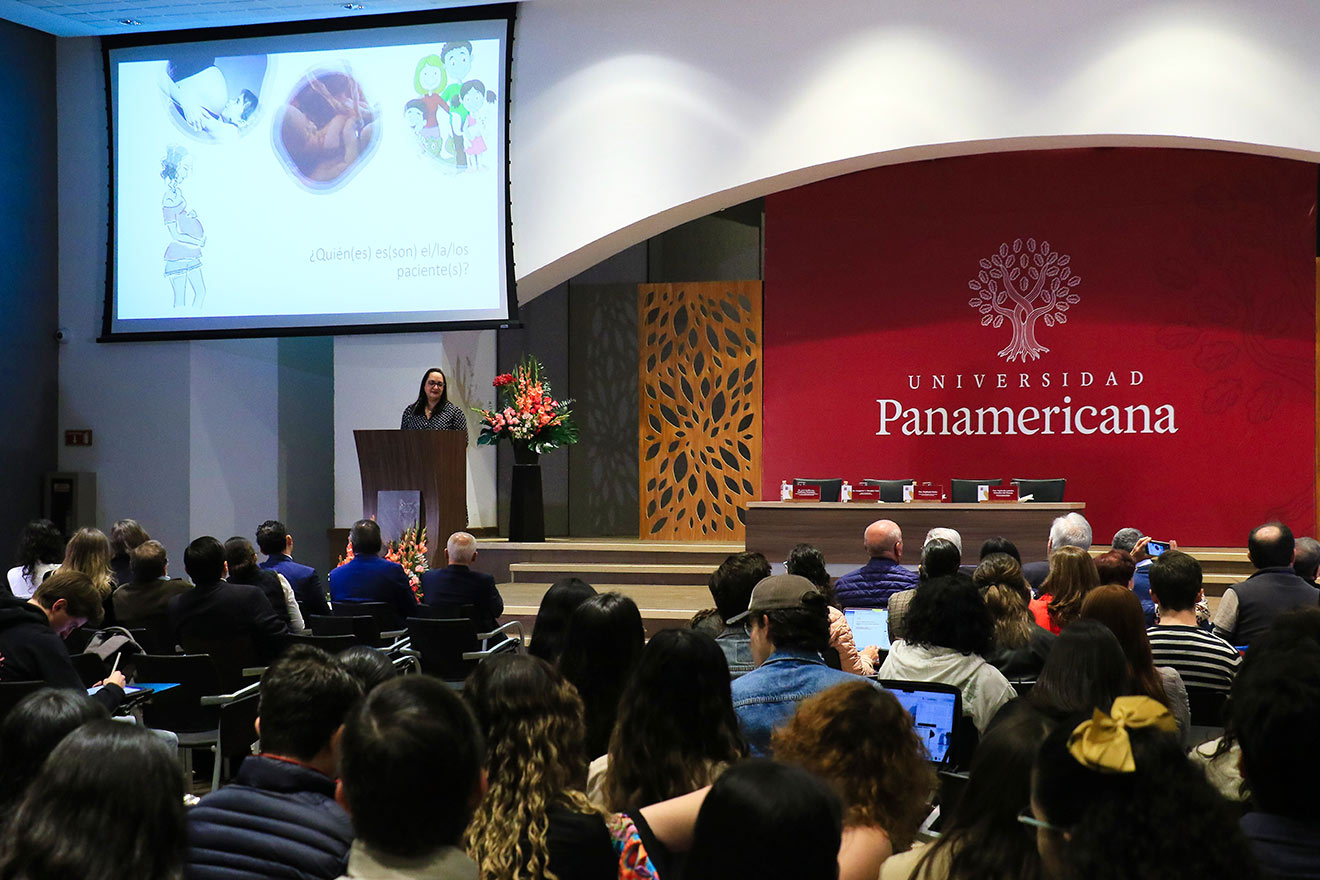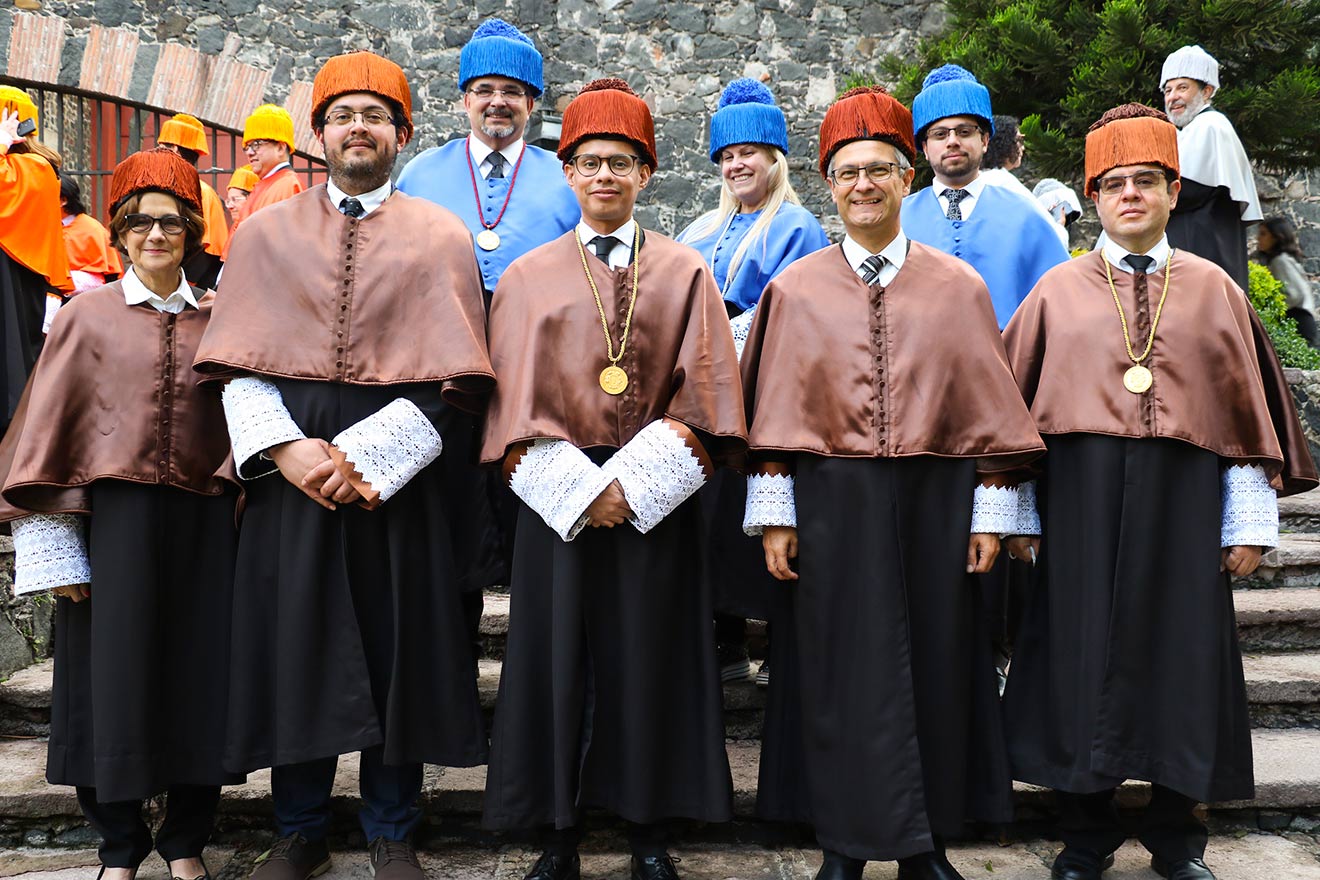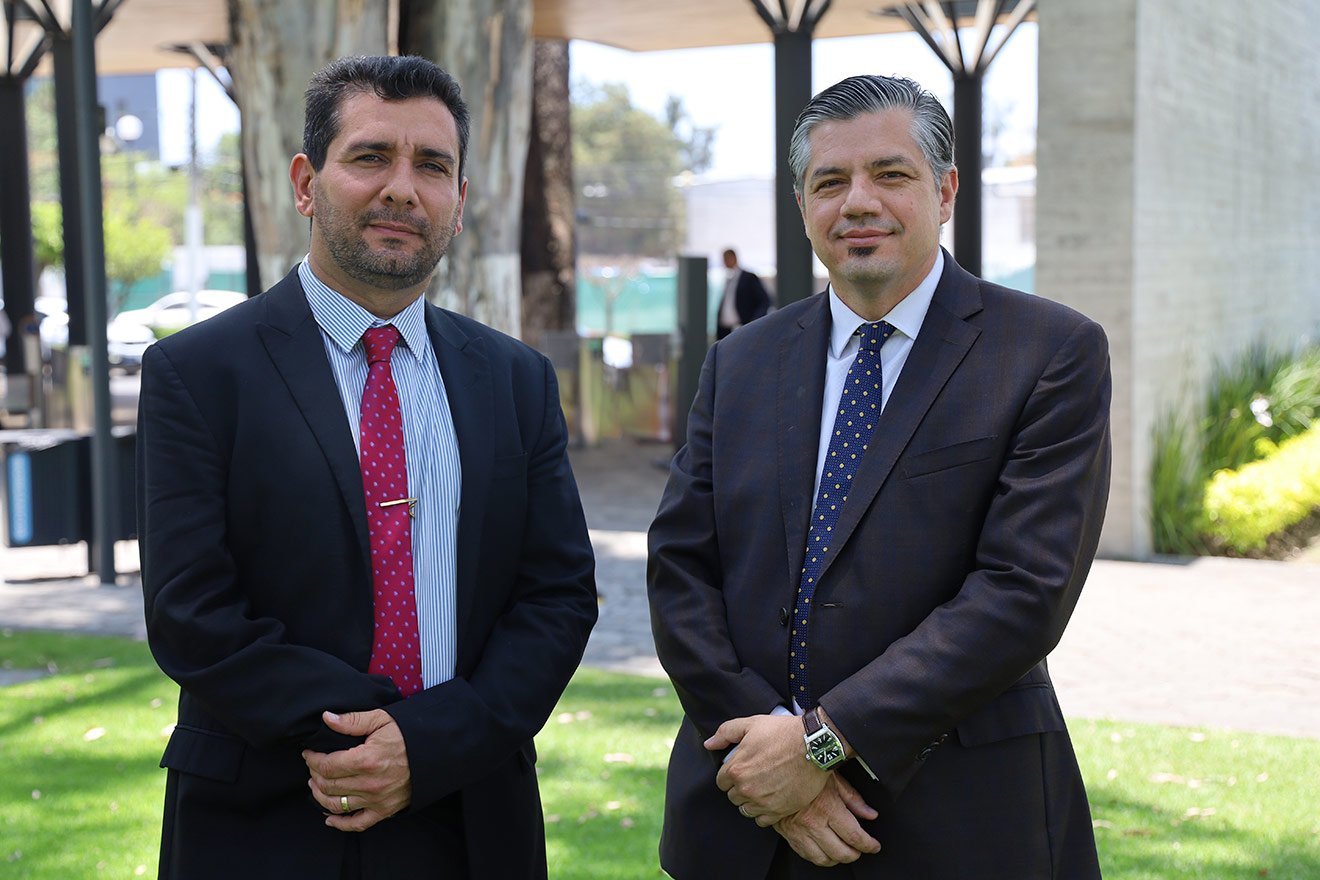“You give yourself, not to the books or writing, but to your readers, to your advisor, to the community, because it is the university a community of people who help each other to grow, to find the truths and deliver them to society so that it can grow. For this reason, I believe that university work is based on humility, solidarity, dedication, and help. What binds it all together is one word: friendship.”
Universidad Panamericana Guadalajara Campus is pleased to announce that Dr. Gustavo Gómez Domínguez has recently earned his PhD, an achievement that further strengthens his commitment to academic excellence and his role as a professor at this prestigious institution.
Exploration of federalism
The researcher’s PhD research focused on exploring the foundations of federalism and identifying essential principles and values related to this form of government. His motivation for addressing this topic is based on the need to understand whether Mexico has the cultural and political foundations necessary to be a federalist country.
Federalism is often viewed simply as a form of government or a legal structure. However, Dr. Gustavo Gómez argues that federalism goes beyond these notions and is the natural result of a worldview rooted in a specific culture. This means that not all countries can adopt federalism effectively; it needs to be based on a set of shared cultural principles.
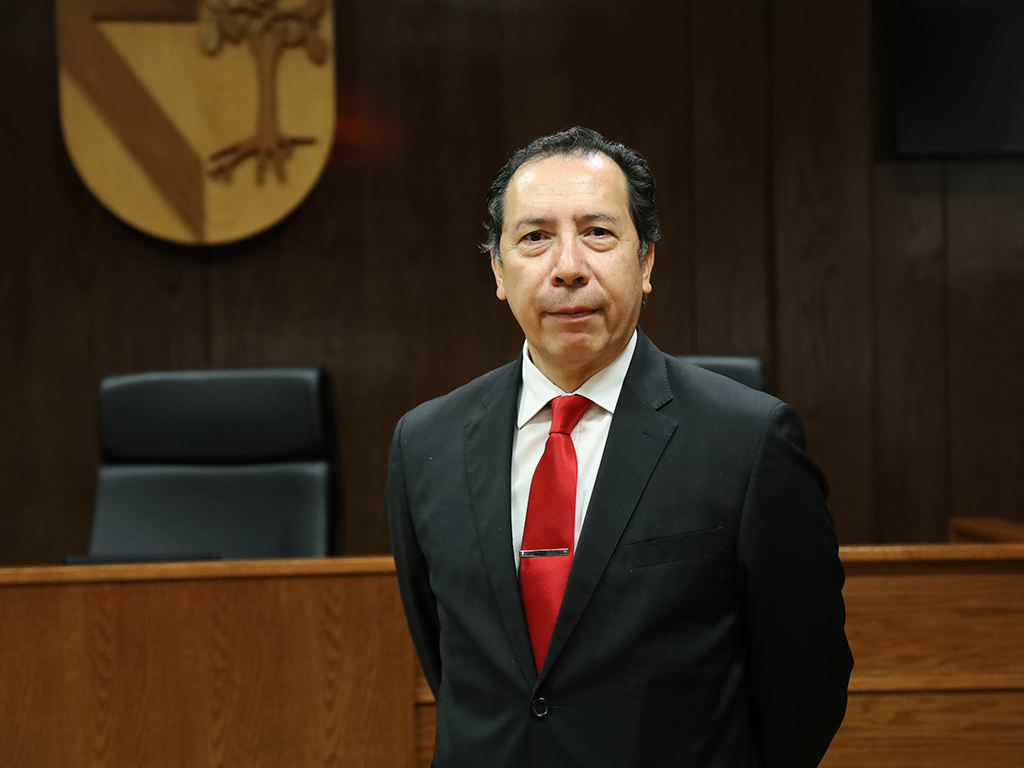
Objective of the research
The aim of the research was to find the fundamental principles and values underlying federalism, especially in the cradle of this form of government, Germany, and in the United States. Its central motivation lies in determining whether Mexico possesses the necessary nature to be a federalist country, a considerable question for the understanding of the country’s political structure.
Main challenges
One of the main challenges faced by the newly awarded PhD was to identify that law is a means and not an end in itself, which required a deep understanding of how culture and history influence the application and perception of federalism in different societies. In addition, balancing his responsibilities as a teacher and his research activities was an important challenge, but also an opportunity to enrich his research through interactions with his students.
“You somehow pick up the thesis when you teach, and there is a huge heritage of culture and experience in your students. We cannot end up dismissing the student’s vision, just because they are in undergraduate school. Moreover, students bring a vision to a researcher teacher that perhaps one did not have before. And you don’t need an academic degree to have a clear vision of something, and that’s the enormous heritage that students can give us.”
Results and learning
Regarding the results of his thesis, for Dr. Gustavo Gómez “discovering the cultural elements that support federalism in countries such as Germany and the United States was particularly exciting.” This reinforced the idea that legal institutions reflect the culture and life of a population, which has important implications for importing legal systems in different contexts.
Finally, he highlights humility and solidarity as key values that he has learned during his PhD and that he shares with his students. He also announced future plans to continue his research, applying his findings to the Mexican context to determine whether the country possesses the necessary principles and values to be federalist.
“PhD is collaborative work. It is not a solitary work; it is a work of dedication and union.”
Universidad Panamericana Guadalajara Campus congratulates Dr. Gustavo Gómez on his outstanding academic achievement and looks forward to how his experience as a doctor will further enrich the learning environment on campus and contribute to the development of future leaders and scholars in Mexico.
His commitment to research and education is an inspiring example for the university community.




